History lessons whitewash history
Why is it so easy to name a few of the ‘Founding Fathers’, but nearly impossible to name a leader from the women’s suffrage movement? Because our colorful past is dripping with whiteout.
It’s a problem when all the ‘heroes’ in our national history textbooks are the same gender, religion, sexuality and racial background.
America is wildly diverse, ETHS even more so. Our textbooks do not reflect this. People learn better when they are represented in source material. By excluding stories of non-white, non-male, non-straight, non-Christian people, we alienate students of those identities and exclude the wealth of history that reflects who we truly are.
For example, the AP United States History textbook, The Enduring Vision, doesn’t once mention the first female presidential candidate, Victoria Woodhull. Frederick Douglass was her Vice Presidential running mate. This is an important historical fact that seems virtually unknown.
If she was left out, there must be countless others, leaders of every identity, who are completely ignored.
Dr. Kamasi Hill, an APUSH teacher at Evanston, understands the importance of teaching inclusive and diverse history. He says that we must demonstrate how other people – not just those who are in power – have shaped history; it’s no secret that white and male has everything to do with power. But Hill emphasizes that history is not exclusive to one identity.
Major historical narratives are shoved into a corner while the stories of ‘the powerful’ claim center stage. This must be changed in textbooks and classrooms.
It’s fair to say that many educators do make an active effort to be inclusive in their teaching. Creating a classroom with inclusive, unbiased history is hard work. Progress certainly has been made – but as students and young adults, it is imperative that we ask questions and demand a broader perspective on American history.
Let’s learn about the American immigration and deportation systems.
Or about the people who were here first – the Native Americans – and their current state of affairs.
Let’s explore why we talk about Martin Luther King, but leave Malcolm X and the Black Power movement in the dust.
We must ask why women are paid 86 cents for every dollar a man makes, and talk about why 31 states continue to deny marriage rights to gay people.
We need to consider what stories we’re telling, and equally important, what stories aren’t being told.
Though the broader solution to our whitewashed history requires a radical change in textbooks and curricula, a more immediate solution rests in our raised hands.
This is a call to action: as students, we must demand to see more sides of our wonderfully complicated history. We must ask probing questions, because when we see ourselves reflected in great historical figures, we are inspired to make our own change.
Our education should reflect our demographic. We’ve heard enough of the “winner’s tales”. Now we must walk the road less traveled and demand to hear the stories less told.
Your donation will support the student journalists of the Evanstonian. We are planning a big trip to the Journalism Educators Association conference in Nashville in November 2025, and any support will go towards making that trip a reality. Contributions will appear as a charge from SNOSite. Donations are NOT tax-deductible.


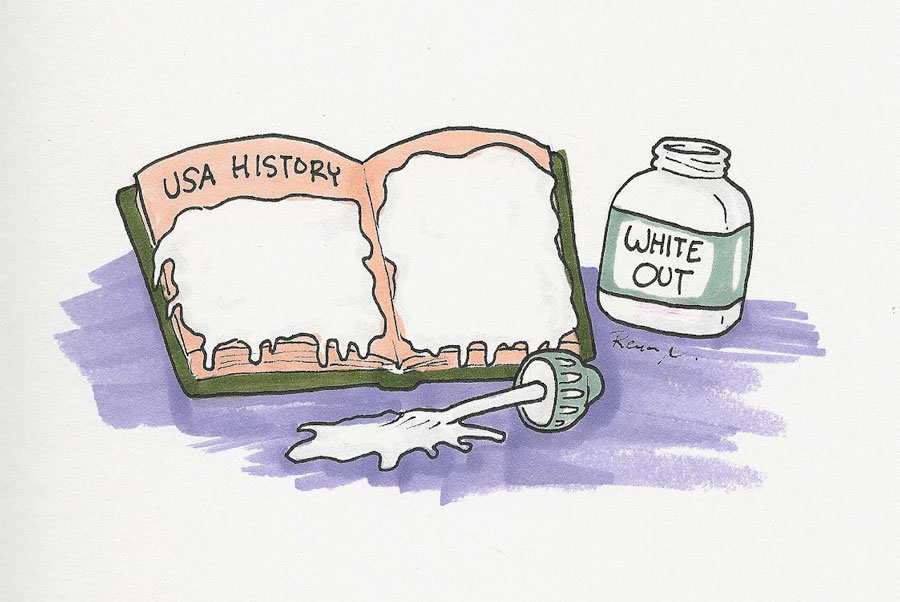
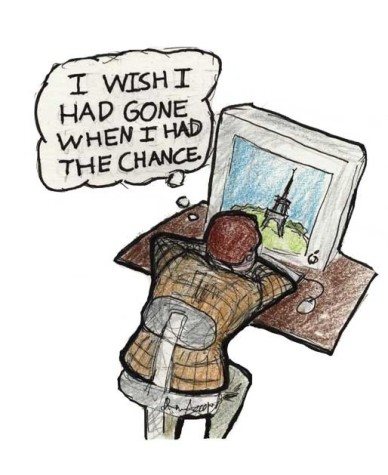
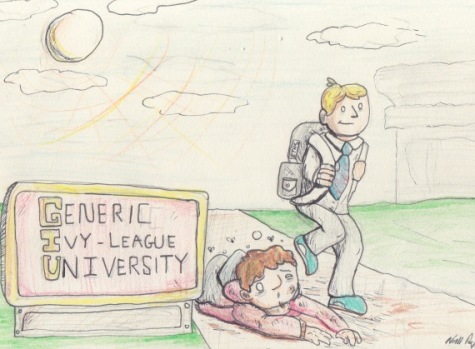

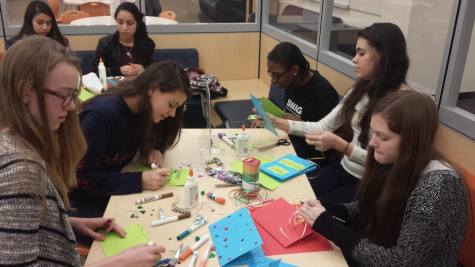
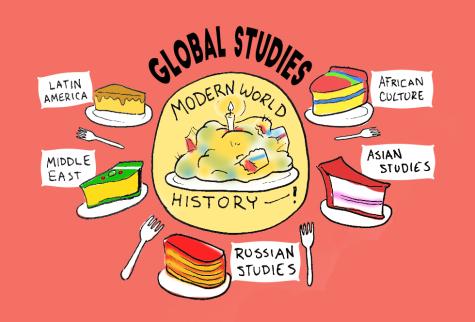
Kokayi Ampah • Feb 7, 2022 at 3:36 pm
Love the line “We’ve heard enough of the winner’s tale.”
That’s exactly what the history thought in MOST schools is “the winner’s tale.”
Thank you, great article✌?